(BPT) - From adding a touch of dimension on ceilings to making a bold statement on accent walls, texture is playing a larger role in home décor. The use of visual texture can help elevate a home's elegance and style in a way that paint and wallpaper can't. One of the ways homeowners can do this is with spray texture. Spray texture is an accessible and versatile material that can transform bland walls and ceilings into captivating focal points. Beyond its aesthetic appeal, spray texture also serves a practical purpose by concealing imperfections left behind during drywall finishing, making it an asset for DIY enthusiasts and professionals alike.
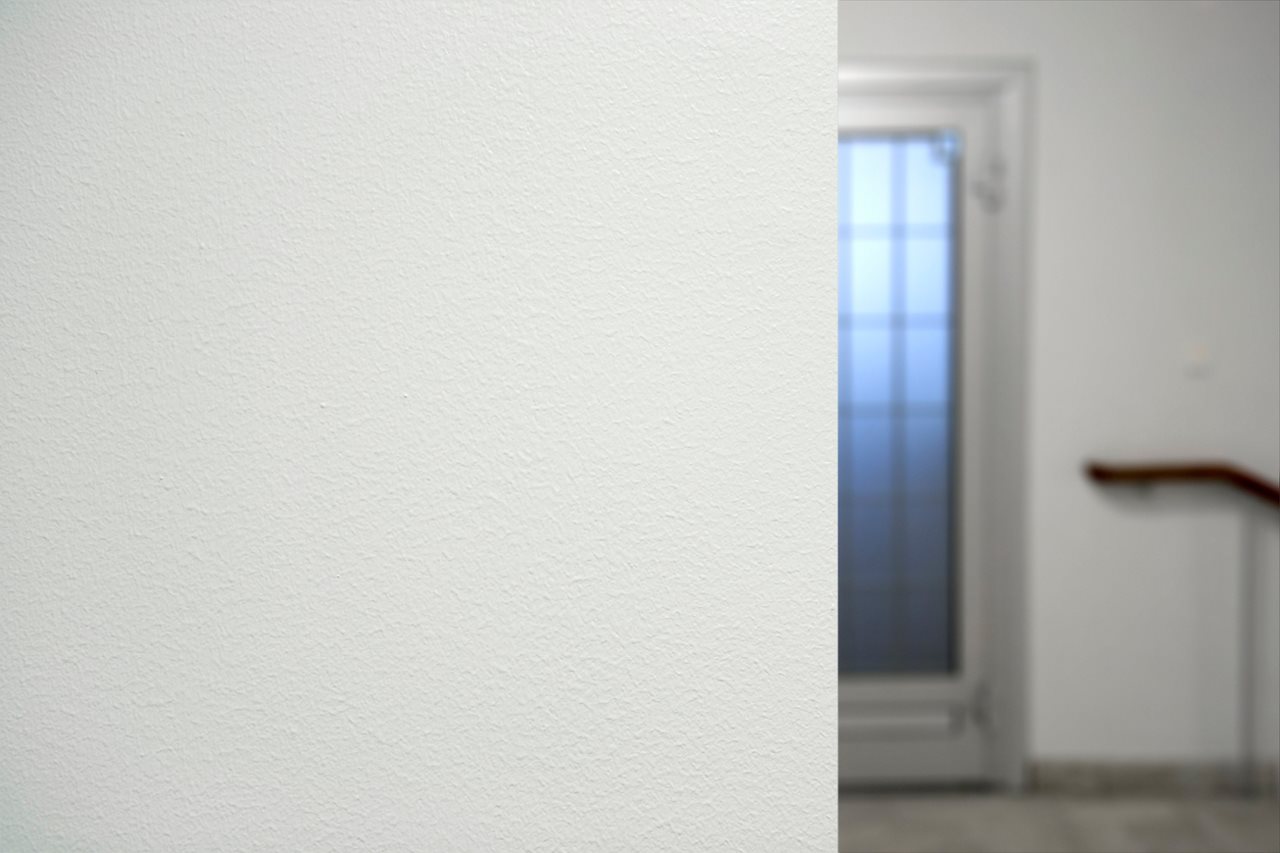
What is spray texture?
Spray texture is a material applied to walls or ceilings to create a textured surface. It typically comes as a pre-mixed or ready-to-use substance in pressurized cans or sprayers. There are three common textures found in houses today: Orange Peel, Knockdown and Popcorn. Easily paintable, spray texture can be combined with the latest trends in wall and ceiling colors to help redefine any living space.
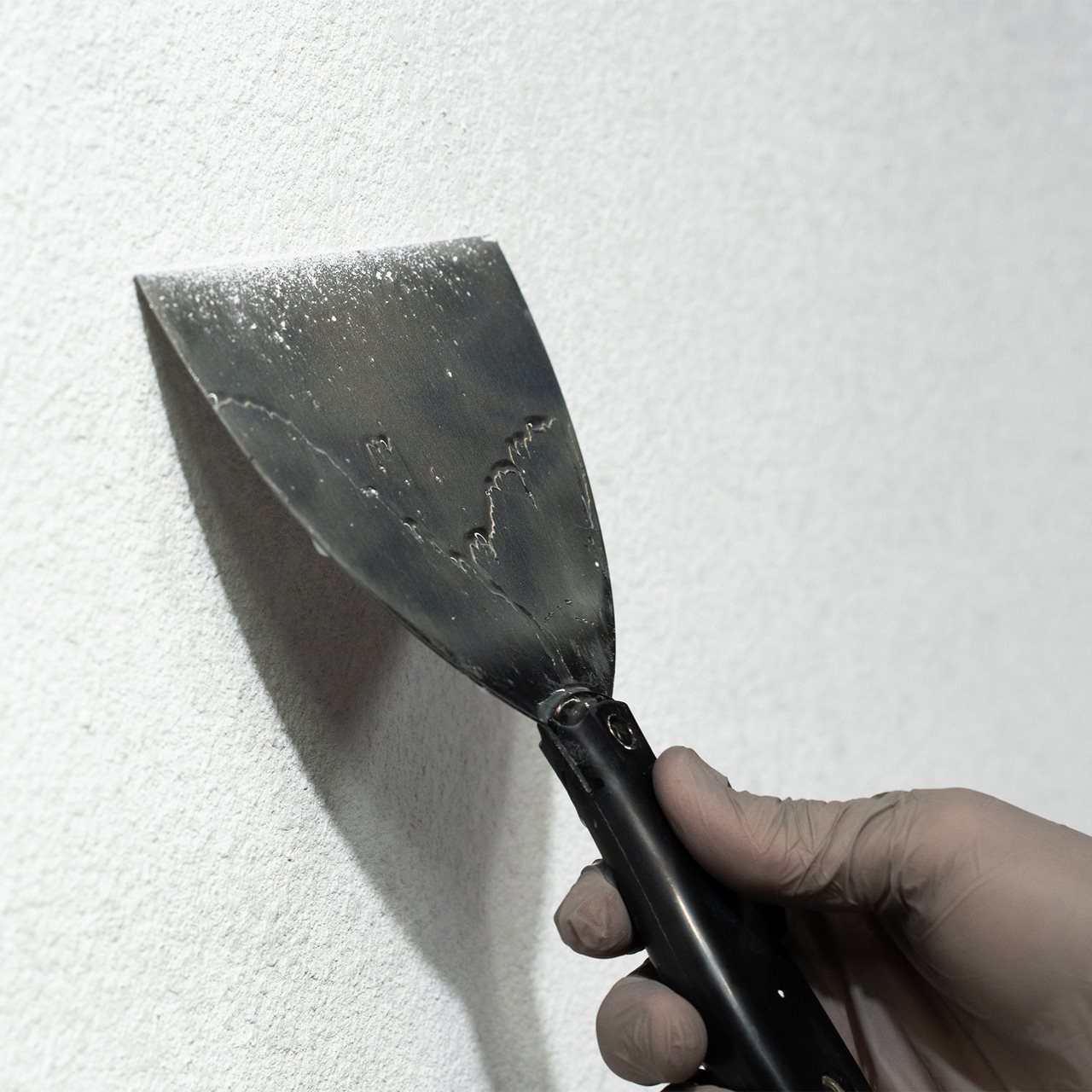
Is the popularity of spray texture growing in homes?
While texture is a popular design element all over the U.S., textured walls and ceilings tend to be more prevalent in the southern and particularly western states in the U.S., as textured surfaces complement the desert-inspired aesthetics and rustic decor often found in these regions. In fact, 50% of the spray texture market is in the west, and 29% is in the south.
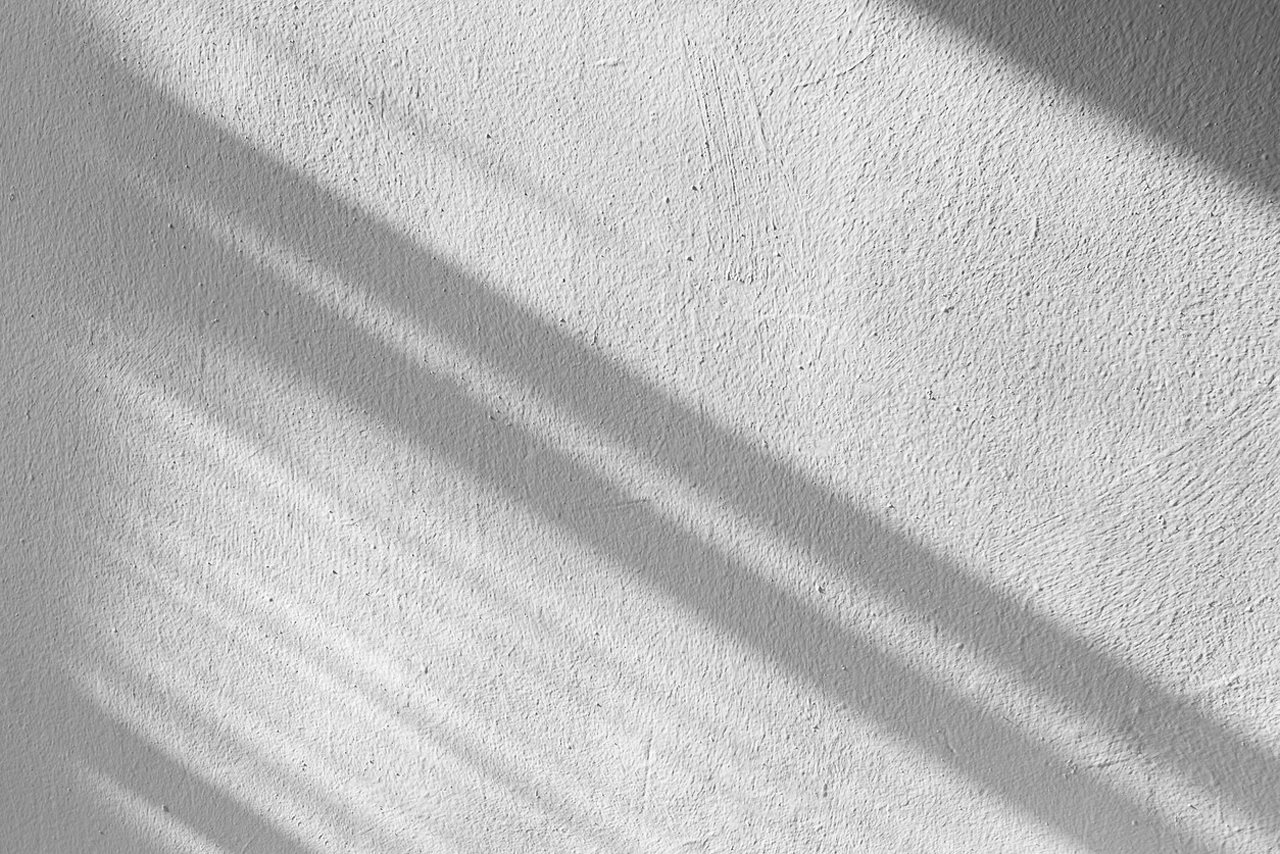
Why would you use spray texture?
Texture is often added to interior drywall surfaces to add visual interest and aesthetic appeal, but it can also be used as part of the finishing process to hide any drywall imperfections from the installation process. Achieving flawless smooth surfaces can be challenging, and any mistakes made during the drywall finishing process become readily apparent. This is where wall and ceiling texture comes in. For DIY enthusiasts grappling with the intricacies of drywall finishing, texture can be a lifesaver. Handheld spray cans of spray texture, like the ones from DAP, provide a quick and easy way to apply and repair texture.
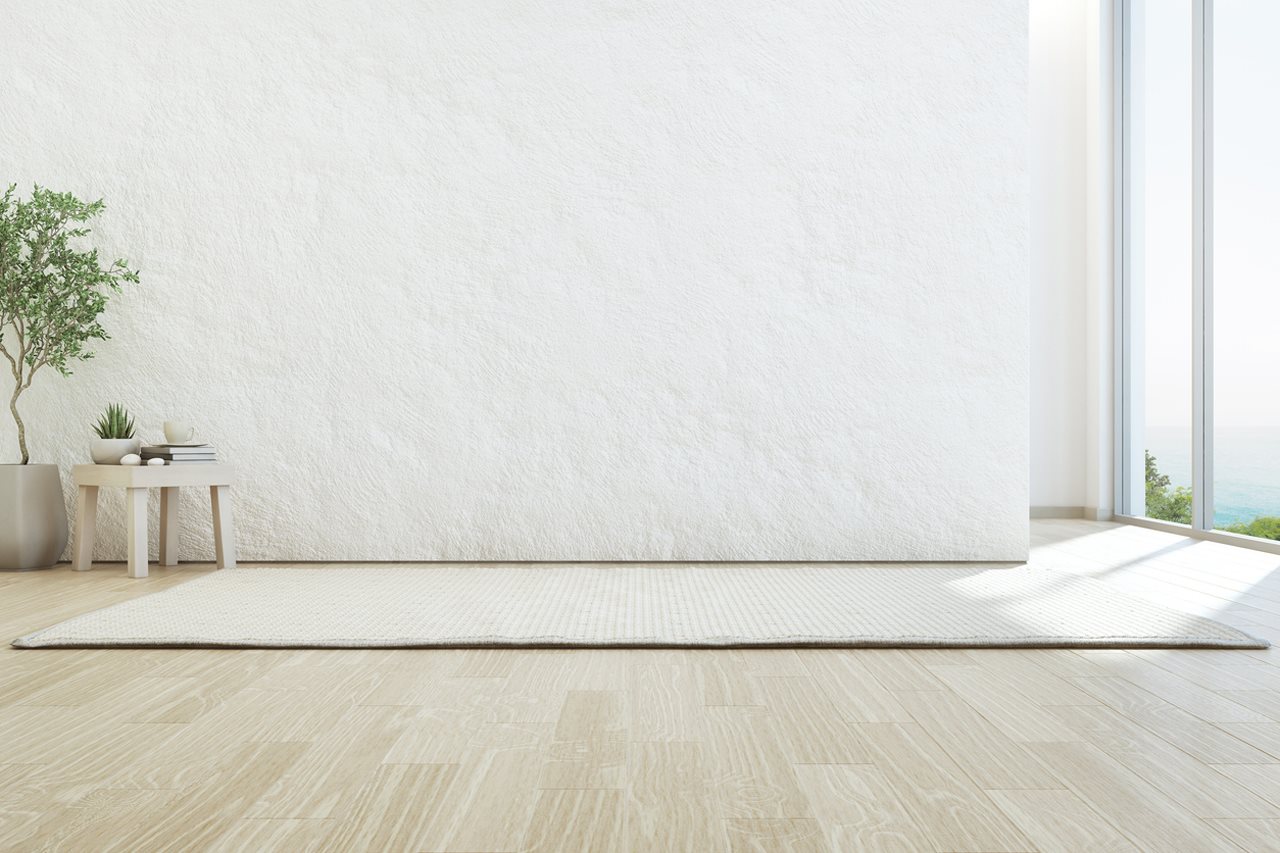
Where do you use spray texture in the home?
Spray texture can be used in various areas of the home to add visual interest to walls and ceilings. Some common areas where spray texture is applied include accent walls in living rooms, dining rooms or bedrooms to add depth and character to the space. It can also be used to help disguise uneven surfaces and add warmth to basement spaces, making them feel more inviting and comfortable. Overall, spray texture can be used throughout the home to enhance its aesthetic appeal and create a more dynamic and visually appealing environment.
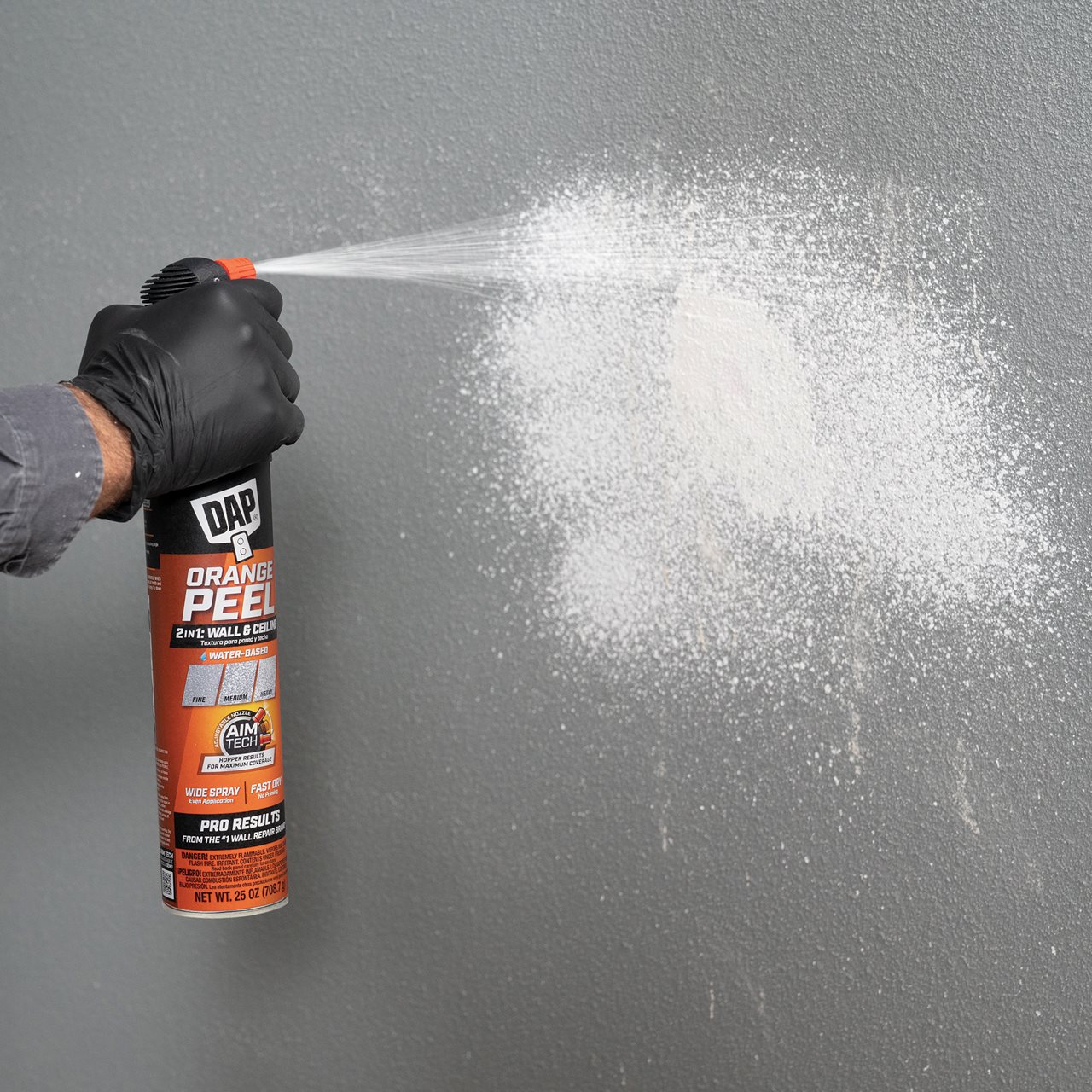
How do you apply spray texture?
When applying spray texture, it's important to start by choosing the right product for your needs. First, determine what type of texture you want to apply or repair - orange peel, knockdown or popcorn. Most people are familiar with popcorn, but orange peel texture resembles the surface of an orange with small, slightly raised bumps while knockdown texture features a smooth surface with intermittent flattened areas created by knocking down the texture while wet. After choosing the type of texture, look for user-friendly features such as an adjustable nozzle that also provides the ability to select the level of texture, like the line from DAP. When using DAP's 2in1 spray textures, start by shaking the can for at least one full minute after hearing the marble, unlock the can, then adjust the 60-degree nozzle to the angle you need. Next, twist the nozzle to your desired level of texture whether fine, medium or heavy. Once shaken, you're ready to spray! All of DAP's water-based formulas are paint ready in just 30 minutes, and oil-based formulas are paint ready in five.
Best Practices (or Do's & Don'ts) for Great Texture Results
- Shake can for at least 1 minute after hearing marble. Do not stop shaking just because you can hear the marble, and do not stop shaking even if you think the contents are mixed - the one minute is important!
- Shake the can during use to keep pressure consistency
- Spray at least 12 inches away from the wall - if you spray too close, texture could be runny and texture may not be as defined as desired
- Spray should be applied in short, intermittent bursts with random patterns such as circular sprays, up and down as well as left to right - it's important to vary the spray motion with a combination of the patterns - do NOT spray in rows and do not spray in a continuous manner
- If using knockdown - be sure putty knife is parallel to the wall and NOT perpendicular - a perpendicular knife will remove the texture
For more information about spray texture and additional DIY tips, visit DAP.com.




